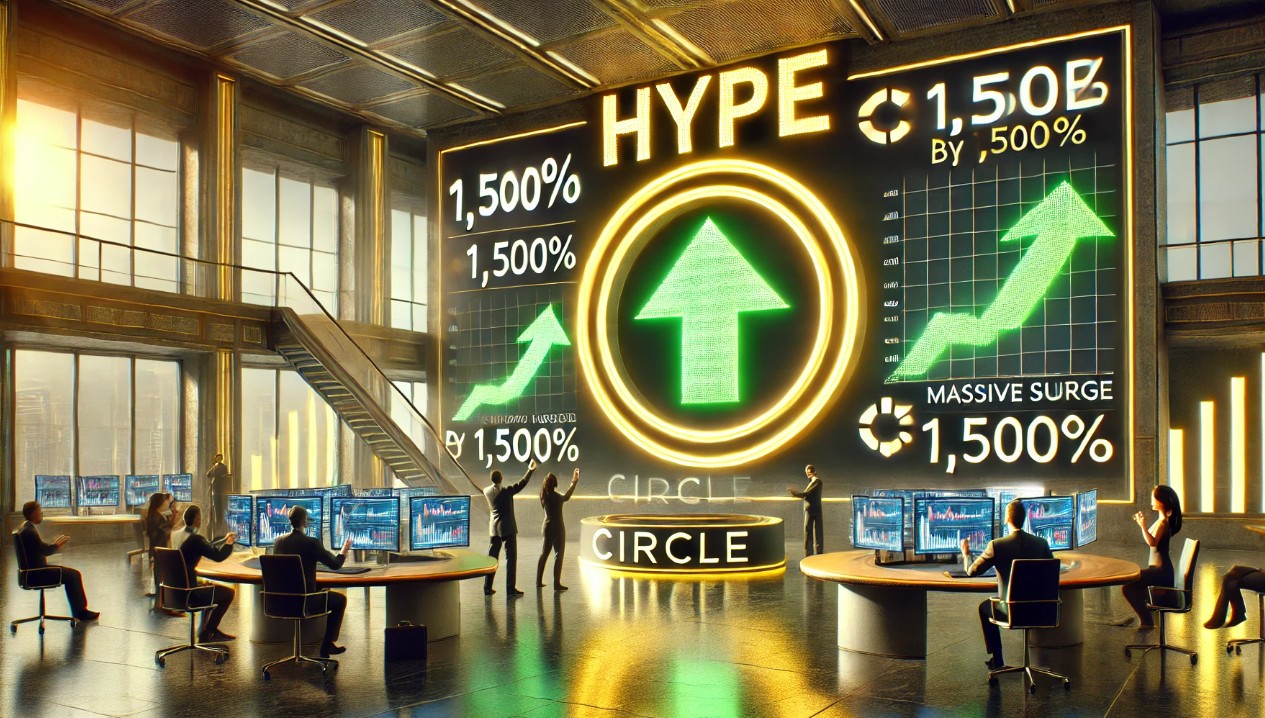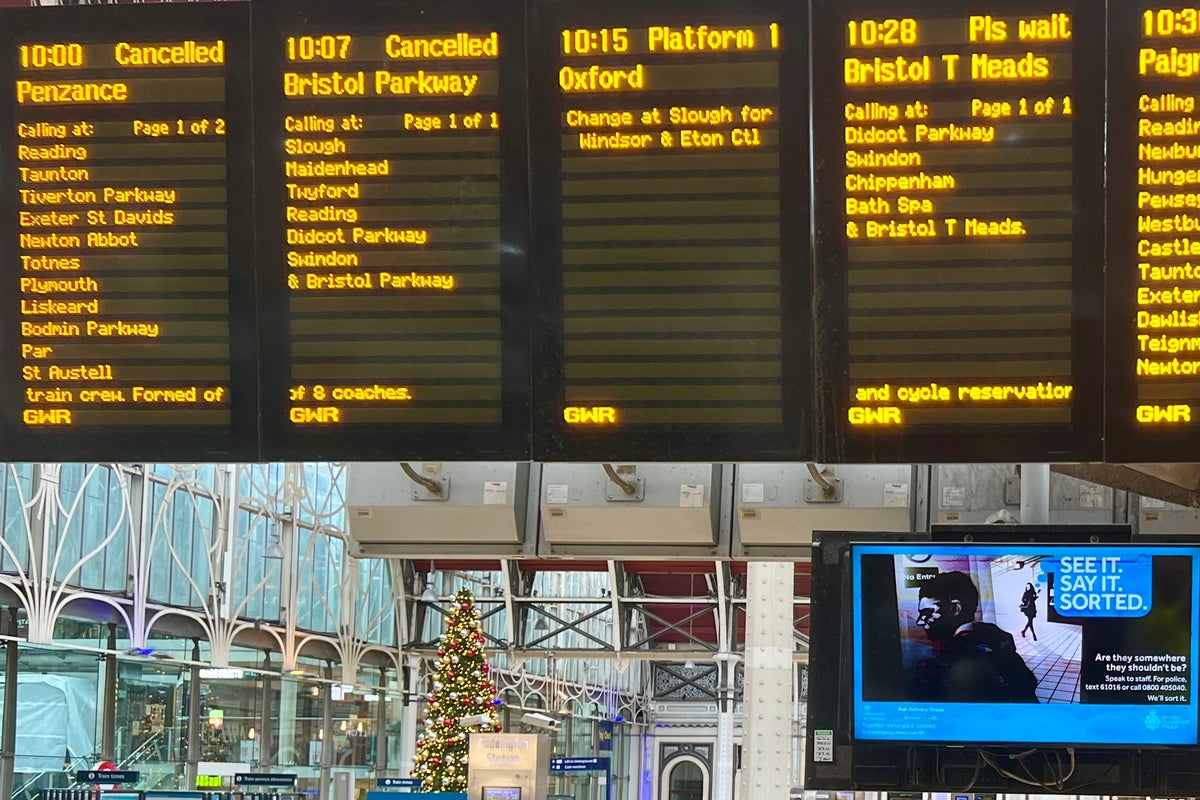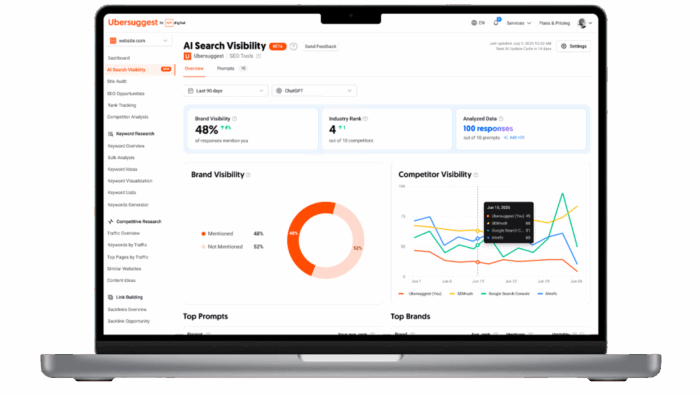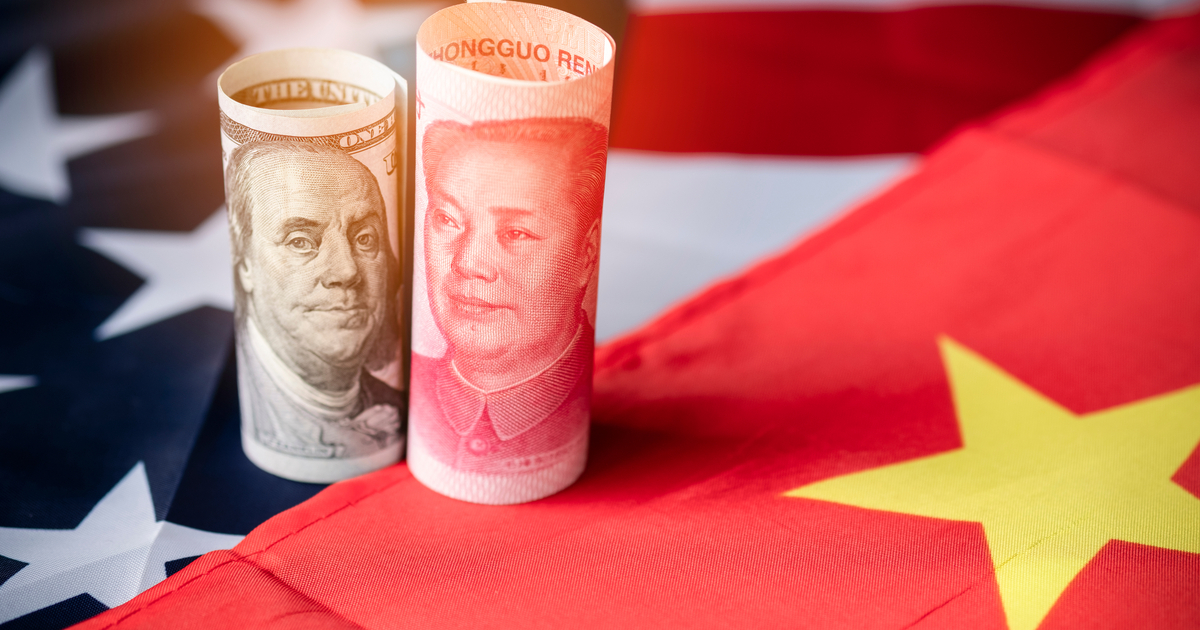How TikTok is talking with brands and agencies about the threat of a ban
The platform hosted a “Beyond Brand Safety” meeting with brands and advertisers earlier this year.

TikTok’s executives have been giving advertisers the hard sell, just like they have been giving to U.S. lawmakers, as the company pleads for its existence amid calls to shut it down. The viral platform has been on a mission to explain the app’s efforts to prove it’s safe and that it doesn’t pose a data security concern to not only the government but brands and agencies.
In recent weeks, TikTok has been meeting with industry leaders to essentially convince them the platform is not going to be banned, said one high-level media executive at a major ad agency who anticipates TikTok will be banned before the end of the year. “The interesting thing is that from a media and sales perspective, TikTok’s messaging to clients is to say they are not going to be banned, and to keep calm and carry on,” the executive said. “It’s hard to believe they’re going to appease the U.S. or any other government.”
In late February, TikTok hosted a meeting in New York with dozens of advertising leaders, according to several ad agency executives who attended the event at TikTok's Times Square offices, which was called “Beyond Brand Safety.” Its CEO was not there, but Blake Chandlee, the TikTok and ByteDance president of global business solutions spoke, one person in attendance said.
For many brands and ad agencies, a TikTok shutdown seems most unlikely. But the app is undoubtedly in existential trouble with the U.S. government. TikTok is owned by Chinese-based ByteDance, and that’s led to a new wave of fears about how it handles data, runs its algorithm, influences teens and other areas of concern.
Losing sleep
At the brand event in New York, TikTok outlined Project Texas, which is the codename for TikTok’s plan to insulate the platform from Chinese influence. TikTok has made this plan public and told lawmakers about it. TikTok has been working with Oracle on new data systems to safeguard information about U.S. citizens. TikTok also plans for independent oversight of its practices, with transparency into its algorithm and editorial decisions. Those are the processes that govern what one billion people see on the app.
For the most part, TikTok is a site where people film comedy bits, dance, and share beauty and housecleaning secrets. But its growing influence has created fears that it could shape young minds in other ways. TikTok is susceptible to misinformation, conspiracy rabbit holes, and viral challenges that encourage people to perform sometimes dangerous stunts.
“We have really great partners here at TikTok who trust our teams and still see the full impact of our platform and community on their business,” a TikTok spokesperson said via email yesterday, adding that it's been “business as usual” for the company and its partners.
“I don’t buy anything that TikTok is saying,” said the first agency executive who predicted the ban was inevitable. “I understand why they're going to say what they have to say. What else are they going to say: The ban is going to happen. Then we would all stop buying.”
TikTok’s spokesperson said the talk in New York was “an invite-only event meant for key partners and agencies so they could be some of the first to hear the latest on our approach to safety.” The company plans to host more of these meetings, the spokesperson said. “As valued partners, we wanted to provide them with a transparent look at how we're approaching the most important issues of today, spanning beyond ‘brand safety‘ itself into a host of related topics across the user and advertiser experience.”
TikTok’s leadership seemed overwhelmed by all the attention, especially the upcoming congressional visit, said another ad executive at a top media holding company, who attended the brand safety summit. Some of the speakers were lawyers for TikTok, who were prepping for the CEO’s visit to Capitol Hill, this attendee said.
TikTok’s issues around data security also affect the ad world. Brands have been careful not to entangle their operations with TikTok, according to ad leaders, even if that means the brands get less out of TikTok. One clear case is with the TikTok pixel, which is a common method of tracking consumers online. Meta, Snapchat, Twitter, Reddit and others also have pixels that marketers put on their websites. When a consumer sees an ad on social media, the pixel tracks which platform drove them there. Brands are hesitant about such data integrations with TikTok.
“Pixel implementation is a concern for a solid amount of clients,” said Stefanie Smith, executive VP and head of social at Dentsu Media U.S. “That certainly inhibits clients’ ability to optimize.”
That’s a drag on TikTok’s business, because the less brands can track sales coming from the app, the less they might be willing to spend there. TikTok is still growing fast, and it is expected to hit $14.15 billion in ad revenue this year, up from $9.9 billion last year, according to Insider Intelligence.
“Brands have concerns about putting the pixel on their site, there is hesitancy there,” said another agency leader.
Trust but verify
TikTok is doing everything it can to show advertisers that it’s adjusting to lawmakers’ demands. It has Project Texas, and it’s working to integrate ad industry regulations that have been seen as essential. TikTok is working with the Media Rating Council to get certified for reporting to advertisers about subjects that involve brand safety. TikTok has made deals with Zefr, Integral Ad Science and DoubleVerify, which are brand safety and viewability partners that work with advertisers for independent oversight.
“The guidance that we give to clients, we are advising clients to be cognizant of data privacy, data security, and of course, targeting sensitivities,” Smith said. The question is, “is the platform safe and brand suitable, and do we feel like advertisers have the ability to target their ads in a brand-safe way?”
Smith said she thinks predictions about a TikTok ban could be premature. Any action the government takes won’t happen right away, and if it does take an action, it wouldn’t mean TikTok stops that second, Smith said.
TikTok has been here before: In 2020, then-President Donald Trump was determined to either shut down the app or force it to sell. Companies stepped up to buy it, including Microsoft. The Chinese government intervened, though, and put TikTok in a position where it couldn’t sell. Oracle has entered the picture as a U.S. company that could help oversee the handling of any data, independently from government influence.
When the Trump crisis was peaking, TikTok was scrambling to assure advertisers about the viability of the service, and it had to adjust its ad deals to account for the uncertainty. It offered clawback options to brands to retrieve money in case of a ban.
The stakes are returning, with the disintegration of U.S.-China relations. U.S. lawmakers have mounted a bipartisan effort to hold TikTok accountable. The government banned TikTok from government devices. Biden now has power to ban it further, under law, whereas Trump was acting under an executive order.
Critics and supporters
TikTok critics say the app tracks too much data about U.S. consumers. China could access basically any personal data, putting individual security at risk. TikTok also has mass surveillance potential. And the TikTok algorithm controls the media diet of millions of young people in the U.S. On top of that, plenty of research has shown that social media is bad for teens, anyway.
TikTok supporters say it is no more harmful than Facebook, Instagram, Snapchat, Reddit or Twitter, maybe even less so.
“A proposed TikTok ban is not only a setback to creative advertisers, content companies, and useful information sharing among millions of young Americans, but a government-mandated wealth transfer back to Meta and YouTube whose algorithms and data practices are no more virtuous than TikTok,” said a CEO from a digital media company that has close relationships with TikTok. “This whole ‘ban TikTok’ debate is merely China-hawk virtue signaling and demonstrates how severely out-of-touch politicians are from today’s young people.”
TikTok has publicly said that its action plan to sequester data away from foreign interference and to appoint independent directors will protect users more than an outright ban would. The Biden administration, however, has reportedly reached a different conclusion, and is now pushing for TikTok to make a complete break from China; sell the company, or face the ban.
In the meantime, TikTok has been operating in the ad world as if it’s business as usual. The company was also at SXSW in Austin, Texas, hosting brands, ad agencies and its loyal creators. TikTok held a series of exclusive private events where it talked with advertisers and social media influencer agencies, its most hardcore supporters.
One advertiser, who attended the SXSW event, said the mood was positively cheerful. This agency executive asked TikTok about the looming ban: They just kind of said it’s a really low likelihood. “No one was talking about it,” the executive said. “Everyone there was, you know, ‘rah-rah’ TikTok."
Contributed: Lindsay Rittenhouse and Erika Wheless

 AbJimroe
AbJimroe 

























.jpg&h=630&w=1200&q=100&v=f776164e2b&c=1)





